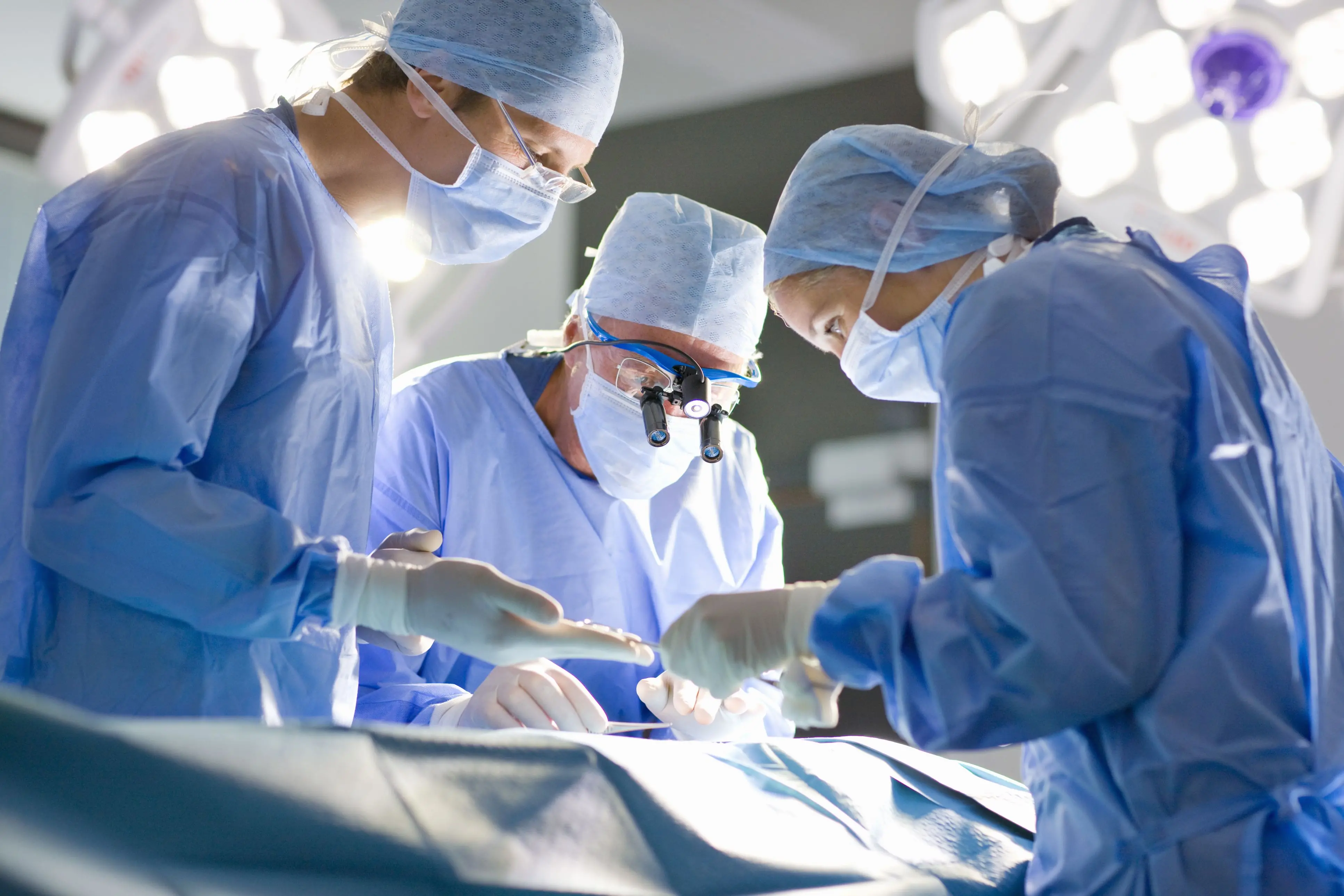- Home
- Medical news & Guidelines
- Anesthesiology
- Cardiology and CTVS
- Critical Care
- Dentistry
- Dermatology
- Diabetes and Endocrinology
- ENT
- Gastroenterology
- Medicine
- Nephrology
- Neurology
- Obstretics-Gynaecology
- Oncology
- Ophthalmology
- Orthopaedics
- Pediatrics-Neonatology
- Psychiatry
- Pulmonology
- Radiology
- Surgery
- Urology
- Laboratory Medicine
- Diet
- Nursing
- Paramedical
- Physiotherapy
- Health news
- Fact Check
- Bone Health Fact Check
- Brain Health Fact Check
- Cancer Related Fact Check
- Child Care Fact Check
- Dental and oral health fact check
- Diabetes and metabolic health fact check
- Diet and Nutrition Fact Check
- Eye and ENT Care Fact Check
- Fitness fact check
- Gut health fact check
- Heart health fact check
- Kidney health fact check
- Medical education fact check
- Men's health fact check
- Respiratory fact check
- Skin and hair care fact check
- Vaccine and Immunization fact check
- Women's health fact check
- AYUSH
- State News
- Andaman and Nicobar Islands
- Andhra Pradesh
- Arunachal Pradesh
- Assam
- Bihar
- Chandigarh
- Chattisgarh
- Dadra and Nagar Haveli
- Daman and Diu
- Delhi
- Goa
- Gujarat
- Haryana
- Himachal Pradesh
- Jammu & Kashmir
- Jharkhand
- Karnataka
- Kerala
- Ladakh
- Lakshadweep
- Madhya Pradesh
- Maharashtra
- Manipur
- Meghalaya
- Mizoram
- Nagaland
- Odisha
- Puducherry
- Punjab
- Rajasthan
- Sikkim
- Tamil Nadu
- Telangana
- Tripura
- Uttar Pradesh
- Uttrakhand
- West Bengal
- Medical Education
- Industry
Management of VTE related to orthopedic surgery: ICM-VTE Guideline

USA: A recent study in the Journal of Bone and Joint Surgery reports recommendations on the management of venous thromboembolism (VTE) related to orthopedic surgery. The guideline was drafted by International Consensus Meeting on Venous Thromboembolism (ICM-VTE).
The new set of guidelines was issued by a group of 600 international experts that address virtually all aspects of VTE related to orthopedic surgery. The guideline is comprise of a 328-page report, with scores of recommendations, is divided into 10 topics (general, hip/knee, foot/ankle, hand/wrist, shoulder/elbow, spine, oncology, pediatrics, sports, and trauma).
Given below are selected points, drawn from the "general" and "hip/knee" sections, that might be of interest to nonorthopedists who comanage elective surgical patients with orthopedists:
- A history of VTE is a well-known risk factor for postoperative VTE. However, presence of varicose veins and a history of unprovoked superficial venous thrombosis also are risk factors for VTE in lower-limb orthopedic surgery.
- Because scoring systems for VTE risk stratification generally have not been validated in large orthopedic surgery populations, they are not reliable for such patients.
- Although VTE prophylaxis lowers the incidence of postoperative VTE generally, no strong evidence shows that it lowers the incidence of fatal pulmonary embolism.
- The recommended duration of posthospital VTE prophylaxis after hip or knee arthroplasty is 14 to 35 days. Aspirin is the optimal choice, accounting for efficacy, safety, ease of administration, and cost-effectiveness.
- Intermittent compression devices lower the incidence of VTE after hip or knee arthroplasty, but the authors don't specify precisely when such devices should be used in addition to (or as a substitute for) chemoprophylaxis, and they acknowledge that adherence is low after patients leave the hospital.
- For patients with postoperative isolated distal deep venous thrombosis, it is acceptable either to monitor the thrombus (with a follow-up ultrasound in 1 week) or to institute full anticoagulation.
- Taking a nonsteroidal anti-inflammatory drug (NSAID) at the same time as aspirin can negate aspirin's antiplatelet effect. If a patient is receiving postoperative VTE prophylaxis with aspirin plus an NSAID for pain, aspirin should be taken 2 hours before the NSAID (and not with, or immediately after, the NSAID).
Full guideline can be accessed at: https://journals.lww.com/jbjsjournal/toc/2022/03161
Dr Kamal Kant Kohli-MBBS, DTCD- a chest specialist with more than 30 years of practice and a flair for writing clinical articles, Dr Kamal Kant Kohli joined Medical Dialogues as a Chief Editor of Medical News. Besides writing articles, as an editor, he proofreads and verifies all the medical content published on Medical Dialogues including those coming from journals, studies,medical conferences,guidelines etc. Email: drkohli@medicaldialogues.in. Contact no. 011-43720751


